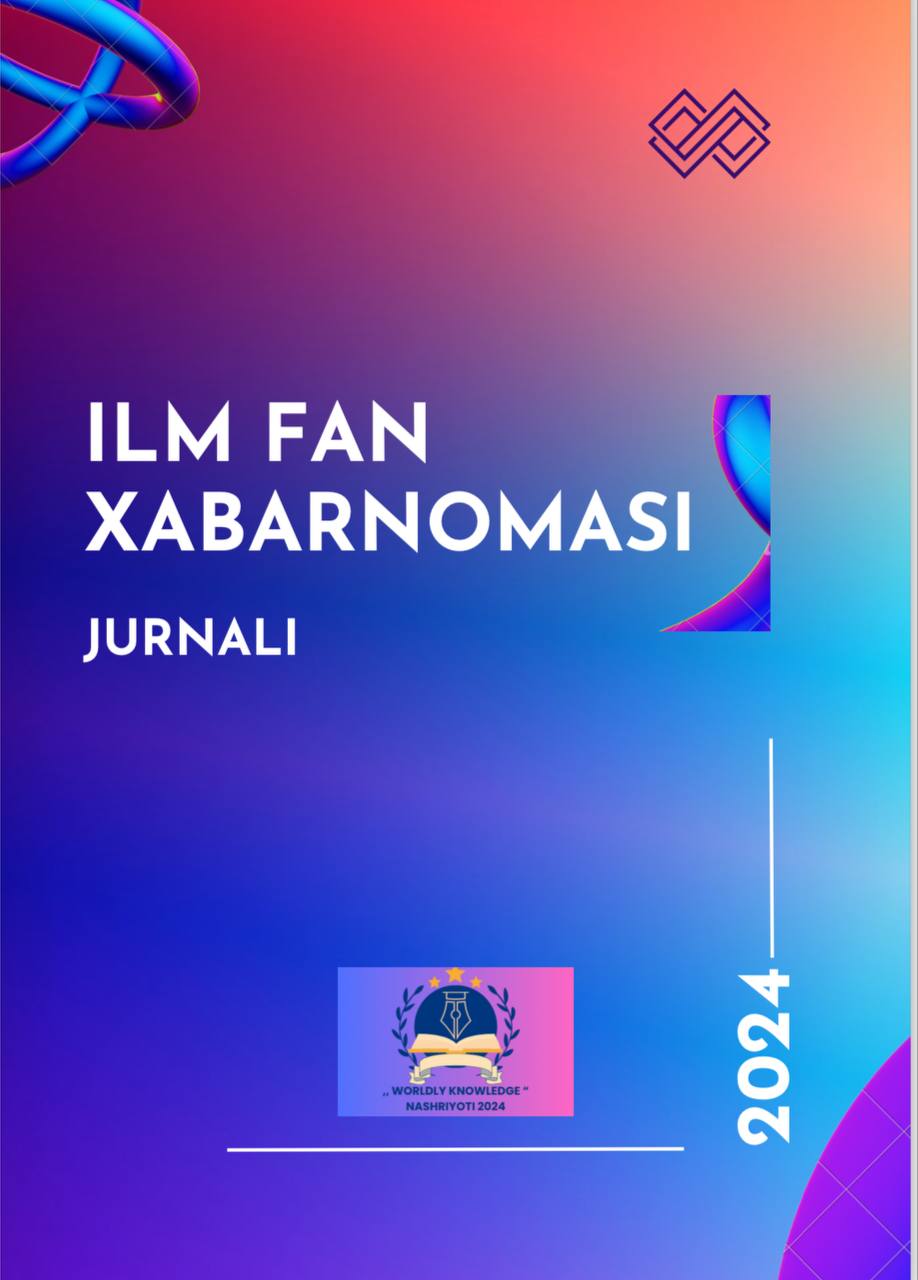THE WAYS OF IMPROVING SPEAKING SKILLS IN DIFFERENT PROFICIENCY LEVELS
Keywords:
complex expression, learning techniques, fluency drills, language acquisition, discussion-based learningAbstract
Speaking is the most important aspect of language learning. This study explores effective strategies for enhancing speaking skills among language learners at various proficiency levels—beginner, intermediate, and advanced. Using a mixed-methods approach, participants took part in targeted activities over a designated period: beginners focused on role-playing and pronunciation drills, intermediates participated in conversation groups and technology-assisted tools, while advanced learners engaged in debates and discussions.
References
1.Brown, H. D. (2007). Principles of Language Learning and Teaching. Pearson Education.
2.Chapelle, C. (2001). Computer Applications in Second Language Acquisition: Foundations for Teaching, Testing, and Research. Cambridge University Press.
3.Ellis, R. (2003). Task-Based Language Learning and Teaching. Oxford University Press.
4.Harmer, J. (2001). The Practice of English Language Teaching. Longman.
5.Krashen, S. (1982). Principles and Practice in Second Language Acquisition. Pergamon Press.
6.Kukulska-Hulme, A., & Shield, L. (2008). An overview of mobile-assisted language learning: Can mobile devices support collaborative practice in speaking and listening? ReCALL, 20(3), 271–289.
7.Lantolf, J. P., & Thorne, S. L. (2006). Sociocultural Theory and the Genesis of Second Language Development. Oxford University Press.
8.Long, M. H. (1996). The Role of the Linguistic Environment in Second Language Acquisition. In W. C. Ritchie & T. K. Bhatia (Eds.), Handbook of Second Language Acquisition. Academic Press.
9.Swain, M. (1985). Communicative Competence: Some Roles of Comprehensible Input and Comprehensible Output in Its Development. In S. Gass & C. Madden (Eds.), Input in Second Language Acquisition. Newbury House.
10.Vygotsky, L. (1978). Mind in Society: The Development of Higher Psychological Processes. Harvard University Press.
11.Warschauer, M. (1996). Computer-assisted language learning: An introduction. In S. Fotos (Ed.), Multimedia language teaching.




